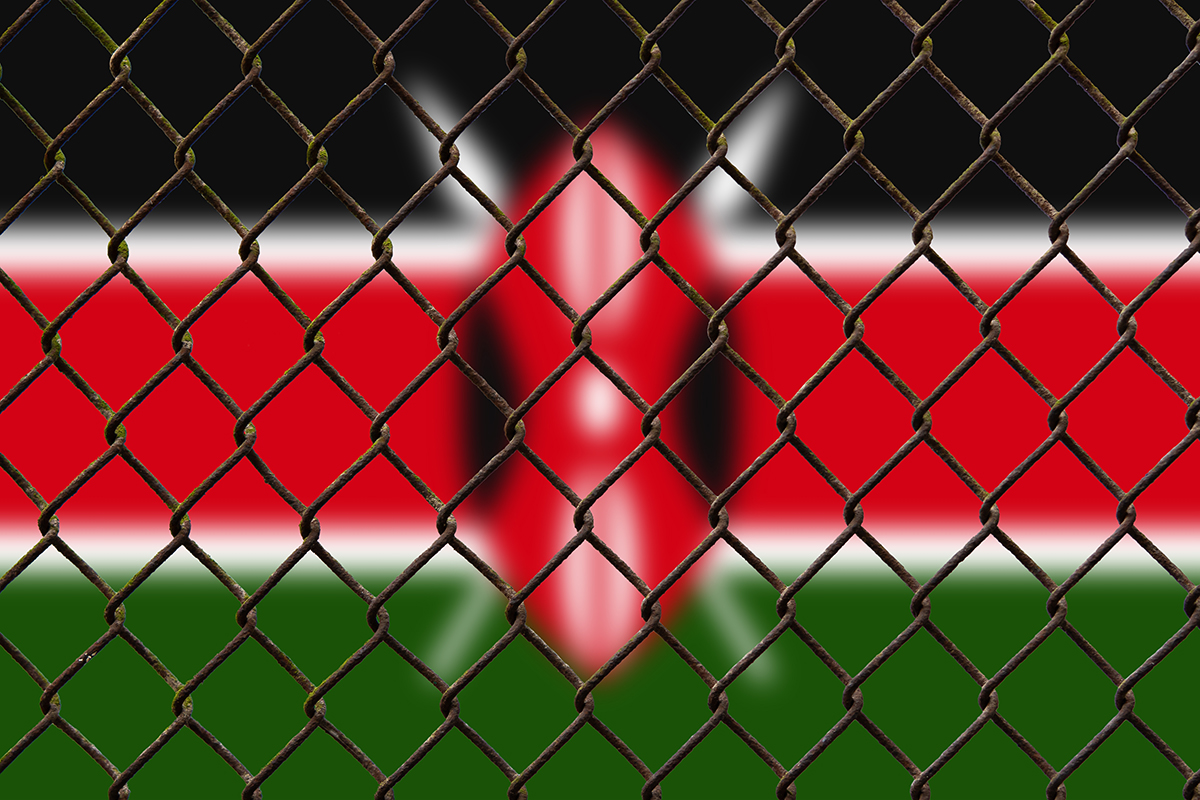Kenya’s President William Ruto has been adamant about the need to boost the productivity of state-owned enterprises (SOEs) that he says are “trapped in bureaucracy.” Last year, his government hurriedly pushed through a vastly criticized privatization law aimed at sidestepping Parliament in the sale of at least 35 entities.
Now, a High Court decision declaring the 2023 Privatization Act unconstitutional has stopped the sales. The court cited lack of meaningful public participation and violation of Parliament’s oversight role in declaring the law null and void.
The move strikes a major blow to the government, which is struggling to raise revenues amid pressing obligations for debt repayment. Estimates by the Parliamentary Budget Office show that disposing of 48 out of 248 SOEs could raise between $466 million and $854 million in the medium term.
Some of the parastatals are laggards that depend on government revenues for funding and are draining already squeezed resources.
Putting the brakes on the privatization push will leave a huge hole in government coffers, says Bob Karina, former chair of the Nairobi Securities Exchange. It also prolongs the listing drought on Kenya’s bourse; profitable SOEs were marked for sale through listing on the NSE.
“The government faces challenges in plugging the deficit while efforts to boost stock market activity have been shredded,” says Karina, who now chairs Faida Investment Bank.
Inability to sell non-strategic and non-performing entities also puts the Kenyan government at loggerheads with the International Monetary Fund. In June, the multinational lender included restructuring and privatization of the parastatals among conditions for Kenya to access $3.6 billion in financing.
The ruling on the Privatization Act echoes the fate that befell the 2023 Finance Act, which included provisions for tax hikes and other revenue-raisers and was pronounced unconstitutional by the Court of Appeal in August, although the High Court has suspended that ruling while the government appeals it. The decisions are complicating efforts to collect revenues, which have been further hobbled by popular protests.
For Kenya, realizing the government’s $23.2 billion revenue projection for the 2024-2025 fiscal year is proving herculean. Fifty-five percent of that figure is set to go toward public debt repayments. By June, the national debt stood at $82.2 billion.




